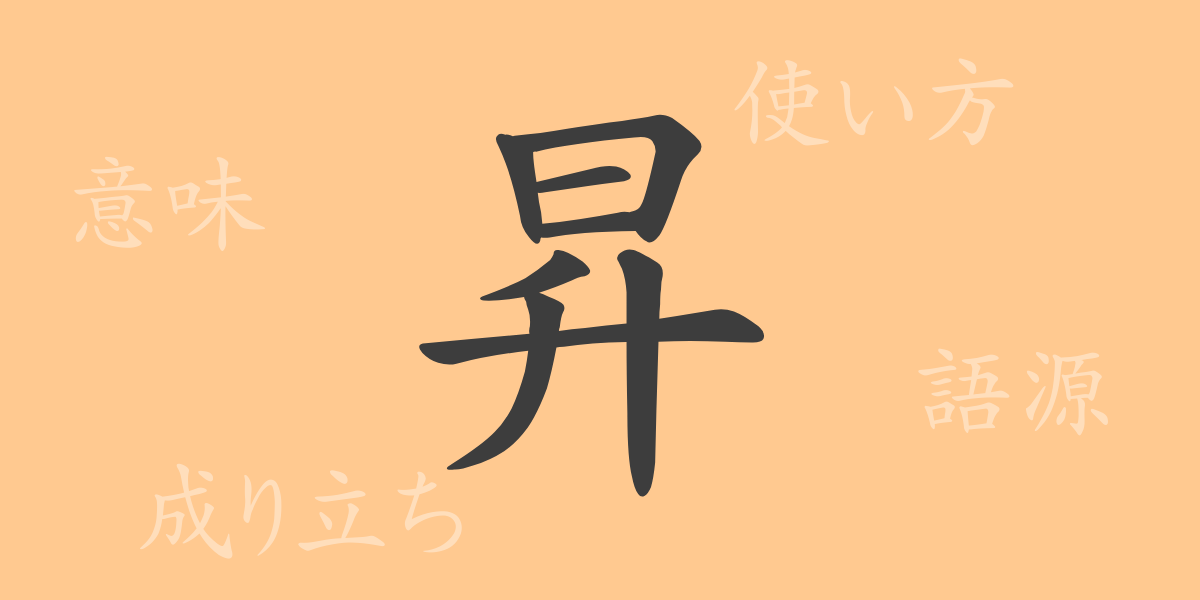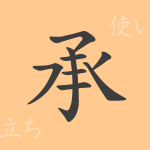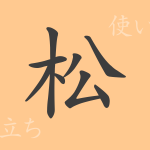The beauty of the Japanese language and culture is uniquely reflected in each kanji character, each imbued with deep meanings and history. This article spotlights the kanji ‘昇’ (しょう), exploring its origins, contemporary usage, readings, and idiomatic expressions. Join us on a journey that elevates our understanding, much like the rising sun symbolized by ‘昇’.
Origins of 昇 (しょう)
The kanji ‘昇’ traces back to ancient Chinese oracle bone script, initially depicting the sun rising above the horizon. Over time, it evolved into a more abstract form, settling into the modern character ‘昇’, which symbolizes upward movement or progress, encapsulating the potent imagery of the sun.
Meaning and Usage of 昇 (しょう)
The kanji ‘昇’ conveys meanings such as ‘to rise,’ ‘to ascend,’ and ‘to be promoted.’ It is used in everyday conversation and writing to describe not just physical movement but also the elevation in status or rank. Terms like ‘昇進’ (promotion) and ‘昇給’ (raise in salary) are particularly prevalent in business contexts.
Readings, Stroke Count, and Radical of 昇 (しょう)
Details about the kanji ‘昇’ are as follows:
- Readings: The on’yomi (Sino-Japanese reading) is ‘しょう’, and the kun’yomi (native Japanese reading) is ‘のぼる’.
- Stroke Count: ‘昇’ is composed of 7 strokes.
- Radical: The radical of this kanji is ‘日’ (sun).
Phrases and Idioms Using 昇 (しょう) and Their Meanings
There are numerous idioms and phrases involving ‘昇’. For example, ‘昇進’ (promotion) refers to an advancement in position or rank at work, while ‘昇格’ (elevation) signifies moving to a higher level or class. The phrase ‘天に昇る’ can mean ascending to a very high place or passing from this world, reflecting its metaphorical usage.
Conclusion on 昇 (しょう)
In this deep dive into the kanji ‘昇’, we have explored its formation, contemporary applications, readings, and related idiomatic expressions. While commonly encountered in everyday life, this character is backed by a rich history and cultural significance. Next time you come across the kanji ‘昇’, remember the profound meanings it carries.

























